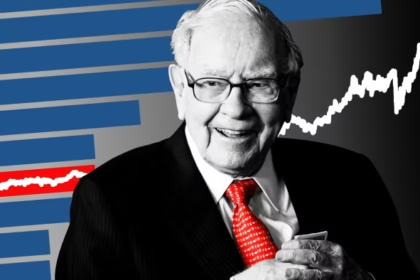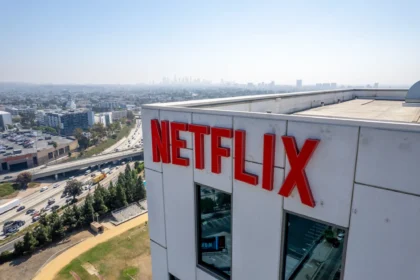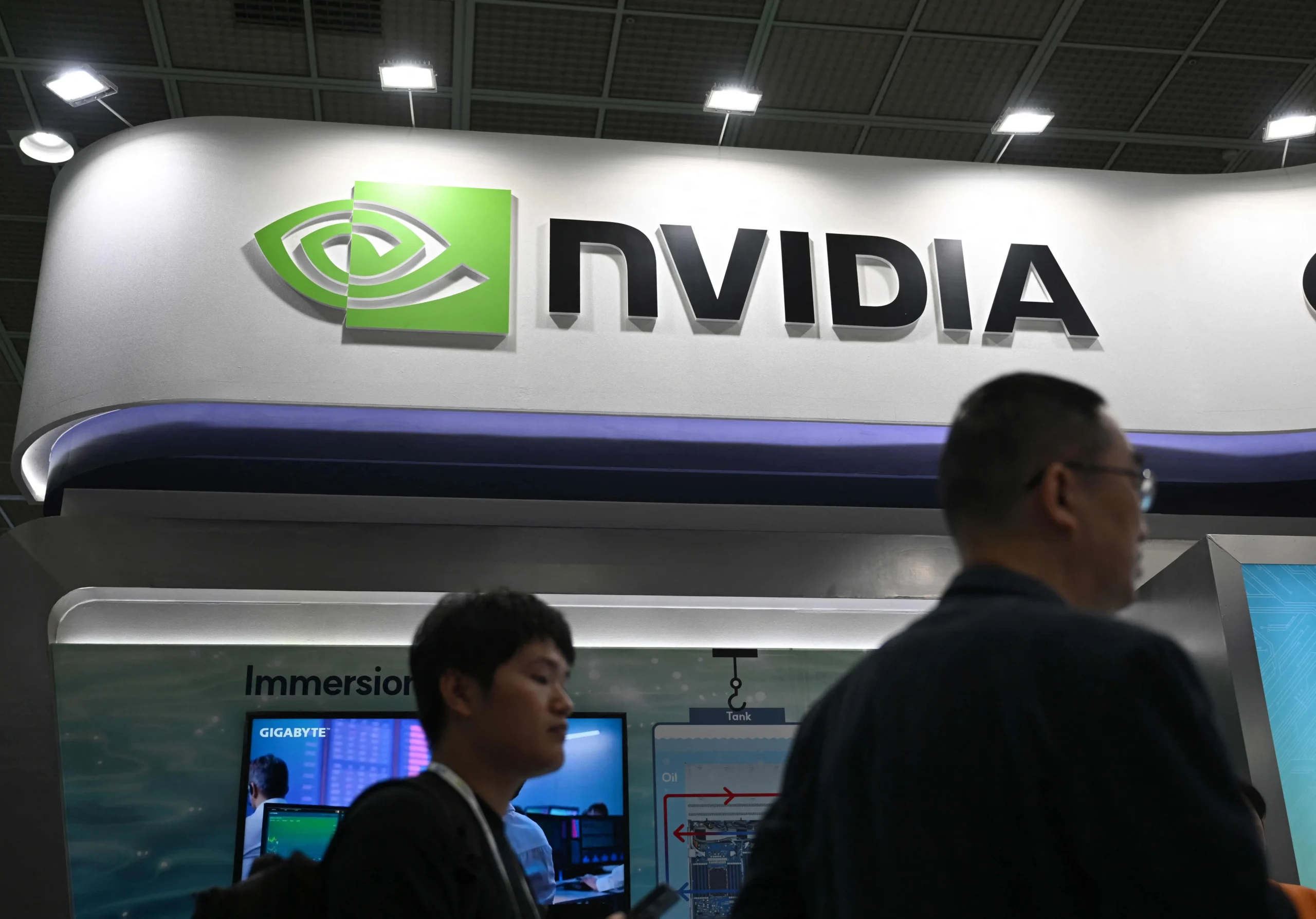Anthony Scaramucci has never been one to shy away from bold market moves, and his latest deal is among his most ambitious yet. In an exclusive development shaking both Wall Street and the digital-asset world, Scaramucci has spearheaded a $220 million investment into a rapidly expanding crypto-mining company with high-profile political connections. The transaction underscores a powerful message that Scaramucci has repeated for years:
“Bitcoin transcends politics.”
- A High-Stakes Investment in a High-Voltage Industry
- Why Scaramucci Believes Bitcoin Is Bigger Than Politics
- 1. Bitcoin Is Decentralized and Apolitical
- 2. Market Adoption Is Global
- 3. Political Cycles Don’t Change Protocol Cycles
- 4. Institutional Infrastructure Is Expanding Rapidly
- The Political Optics: A Double-Edged Sword
- Why Crypto Mining Attracts High-Profile Capital
- Energy: The Central Battleground
- A Bet on Digital and Industrial Infrastructure at Once
- What This Deal Means for the Crypto Market
- 1. Institutional Confidence Is Surging
- 2. The U.S. Mining Sector Is Consolidating
- 3. Bitcoin’s Political Narrative Is Shifting
- 4. High-Profile Deals Will Accelerate Regulation
- Scaramucci’s Vision: Bitcoin as a Long-Term Institutional Asset
- Conclusion: The Future of Crypto Is Bigger Than Politics
The investment, executed through a consortium of institutional and private backers, marks one of the largest U.S.-based funding rounds for a crypto-mining operation this year. It also thrusts the company into the spotlight at a moment when digital-asset regulation, energy consumption, and political narratives around crypto remain intensely contested.
Yet for Scaramucci and his partners, the bet is not about political winds. It is about the future of money.
A High-Stakes Investment in a High-Voltage Industry
The company at the center of the deal—whose leadership includes individuals with long-standing political ties—has rapidly scaled from a regional mining operator to a national infrastructure player. It controls multiple mining sites across the United States, strategically positioned near low-cost renewable and excess-capacity energy sources.
The new $220 million injection is expected to fund:
- expansion of next-generation mining facilities
- acquisition of high-efficiency ASIC machines
- energy-optimization technology
- capital reserves for market volatility
- broader diversification into AI and high-density compute services
Scaramucci’s involvement elevates the company’s profile instantly. As founder of SkyBridge Capital and one of the highest-visibility institutional voices in digital assets, his strategic participation signals confidence not just in the company—but in the long-term trajectory of Bitcoin itself.
Why Scaramucci Believes Bitcoin Is Bigger Than Politics
Scaramucci has long argued that, despite political posturing around cryptocurrency, the underlying technology is nonpartisan, borderless, and structurally immune to ideological capture.
His thesis rests on several pillars:
1. Bitcoin Is Decentralized and Apolitical
No government, administration, or political figure controls Bitcoin’s issuance, protocols, or supply.
2. Market Adoption Is Global
From sovereign wealth funds to young retail investors, the adoption patterns span every ideology and demographic.
3. Political Cycles Don’t Change Protocol Cycles
Bitcoin’s halving schedule, mining difficulty adjustments, and network operations remain mathematically fixed regardless of political transitions or regulatory shifts.
4. Institutional Infrastructure Is Expanding Rapidly
The rise of regulated custodians, ETFs, and miners means Bitcoin is increasingly embedded in mainstream finance—far beyond party lines.
For Scaramucci, this investment is not a message to Washington, but a message to markets: Bitcoin continues its march toward universal acceptance.
The Political Optics: A Double-Edged Sword
The mining firm’s connections to prominent political figures create a unique storyline—one that blends finance, energy, technology, and governance.
On one hand:
Political visibility offers strategic advantages: access to regulators, influence in policy debates, and confidence in navigating future compliance frameworks.
On the other hand:
It invites heightened scrutiny from:
- watchdog groups
- environmental advocates
- digital-asset skeptics
- political rivals
For a sector already under the microscope, such attention can amplify both opportunity and risk.
Yet Scaramucci’s stance is clear:
The merit of the investment stands independent of the political affiliations of anyone involved.
The consortium evaluated financials, technology, energy sourcing, and operational resilience—not political proximity.
Why Crypto Mining Attracts High-Profile Capital
The timing of the deal is strategic. Crypto mining has entered a consolidation phase driven by:
- rising Bitcoin prices
- increasing institutional involvement
- post-halving miner attrition
- opportunities for distressed-asset acquisitions
- rapid growth in U.S.-based mining after global restructuring
Investors who are comfortable with volatility and long-term outlooks see a competitive advantage in securing capacity now.
Mining companies backed by major capital pools gain:
- access to low-cost energy deals
- hardware procurement priority
- expansion rights in data-center markets
- the ability to branch into AI compute and cloud infrastructure
This is no longer about garage miners.
It is a high-infrastructure, high-capex race—one that requires serious institutional muscle.
Energy: The Central Battleground
The mining firm’s strategy centers around tapping renewable energy, stranded power, and underutilized grids. This approach is vital amid ongoing debates over crypto mining’s environmental impact.
The company’s current projects leverage:
- hydroelectric power in regions with seasonal surpluses
- wind energy during off-peak cycles
- natural-gas flaring mitigation units
- data-center heat-recycling pilots
These efforts position the firm as a next-generation miner focused on sustainability, efficiency, and emerging energy-optimization technologies.
A Bet on Digital and Industrial Infrastructure at Once
The deal is not only a wager on Bitcoin. It is a bet on the future of high-density computing infrastructure—the same hardware ecosystem powering:
- AI model training
- cloud computation
- scientific simulations
- advanced robotics
- autonomous systems
Mining facilities increasingly serve as multipurpose compute hubs. The $220 million investment accelerates this pivot, giving the company optionality beyond mining revenue alone.
What This Deal Means for the Crypto Market
1. Institutional Confidence Is Surging
A deal of this scale indicates that major players believe crypto mining remains lucrative—even after regulatory debates and halving cycles.
2. The U.S. Mining Sector Is Consolidating
Capital is flowing into large, professionally managed miners with scalable operations.
3. Bitcoin’s Political Narrative Is Shifting
The involvement of investors from different ideological or political backgrounds reinforces the idea that Bitcoin’s appeal transcends partisan boundaries.
4. High-Profile Deals Will Accelerate Regulation
The visibility of such investments often acts as a catalyst for clearer, more structured policy frameworks.
Scaramucci’s Vision: Bitcoin as a Long-Term Institutional Asset
For Scaramucci, the takeaway is simple:
Bitcoin is entering its next institutional phase—and the players who position themselves early will dominate the next decade of digital infrastructure.
He describes Bitcoin as:
- a global monetary network, not a mere currency
- an inflation-resistant asset class
- a foundational technology for future financial rails
- a neutral asset immune to political cycles
This investment, he argues, is a rational play on long-term technological inevitability.
And for the mining firm, it marks a defining moment—one that transforms it from a regional operator into a national-scale powerhouse backed by one of Wall Street’s most recognizable names.
Conclusion: The Future of Crypto Is Bigger Than Politics
The $220 million investment reflects a deeper truth:
Bitcoin is no longer the domain of ideologues, hobbyists, or political narratives—it has become a permanent component of the global financial system.
Scaramucci’s involvement adds institutional weight.
The mining firm’s expansion adds industrial capacity.
And the market’s reaction suggests that the next chapter of crypto will be shaped by capital, competition, and infrastructure—not partisan lines.
Bitcoin may ignite political debates—but its trajectory, Scaramucci insists, belongs to no party, no ideology, and no administration.
It belongs to the world.







